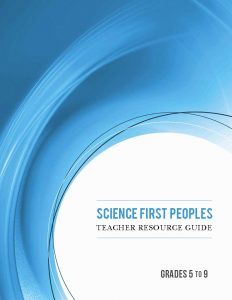This week I have become more inspired by the First Peoples Principles of Learning (FNESC). I appreciate how this describes what learning is and the emphasis on relationships and what learning involves. The knowledge shared in this poster is great, but the broad reach of it can be daunting when considering how to utilize this information when creating unit plans and a classroom culture. Being aware of how our own experiences, beliefs and identities impacts our classrooms and students is an important first step to embracing these principles.


